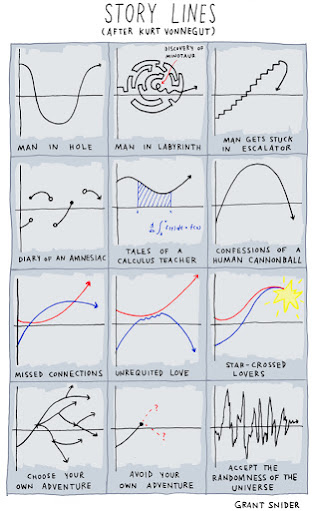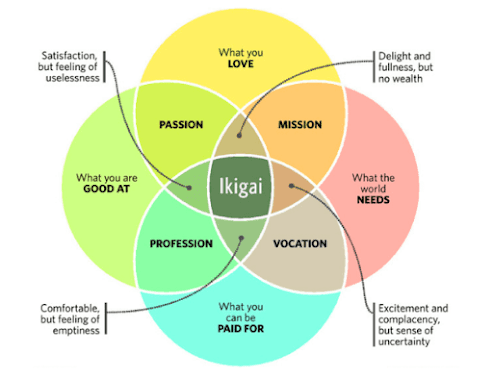Text from The Atlantic
 |
| Marketoonist |
The loss of these interactions may be one reason for the growth in internet conspiracy theories in the past year, and especially for the surge in groups like QAnon. But while online communities of all kinds can deliver some of the psychological benefits of meeting new people and making friends in the real world, the echo chamber of conspiracism is a further source of isolation. “There’s a lot of research showing that when you talk only to people who are like you, it actually makes your opinions shift even further away from other groups,”....
The physical ramifications of isolation are also well documented.... social isolation increases the risk of premature death from any cause by almost 30 percent. “The scientific evidence suggests that we need a variety of kinds of relationships in our lives, and that different kinds of relationships or social roles can fulfill different kinds of needs,”.... People maintain hygiene, take their medication, and try to hold themselves together at least in part because those behaviors are socially necessary, and their repetition is rewarded. Remove those incentives, and some people fall into despair, unable to perform some of the crucial tasks of being alive. In people at risk for illness, lack of interaction can mean that symptoms go unnoticed and arrangements for medical care aren’t made. Humans are meant to be with one another, and when we aren’t, the decay shows in our bodies.









